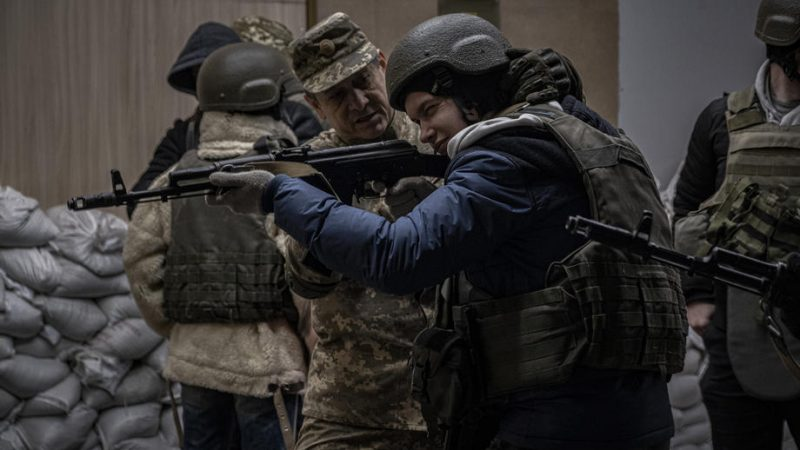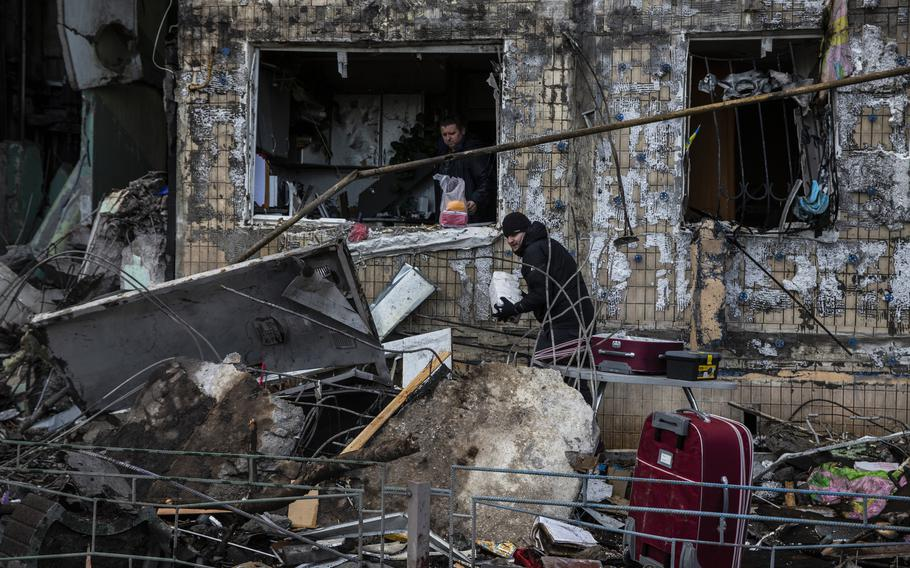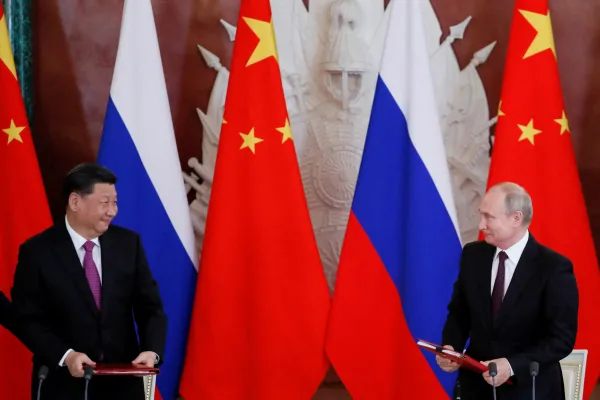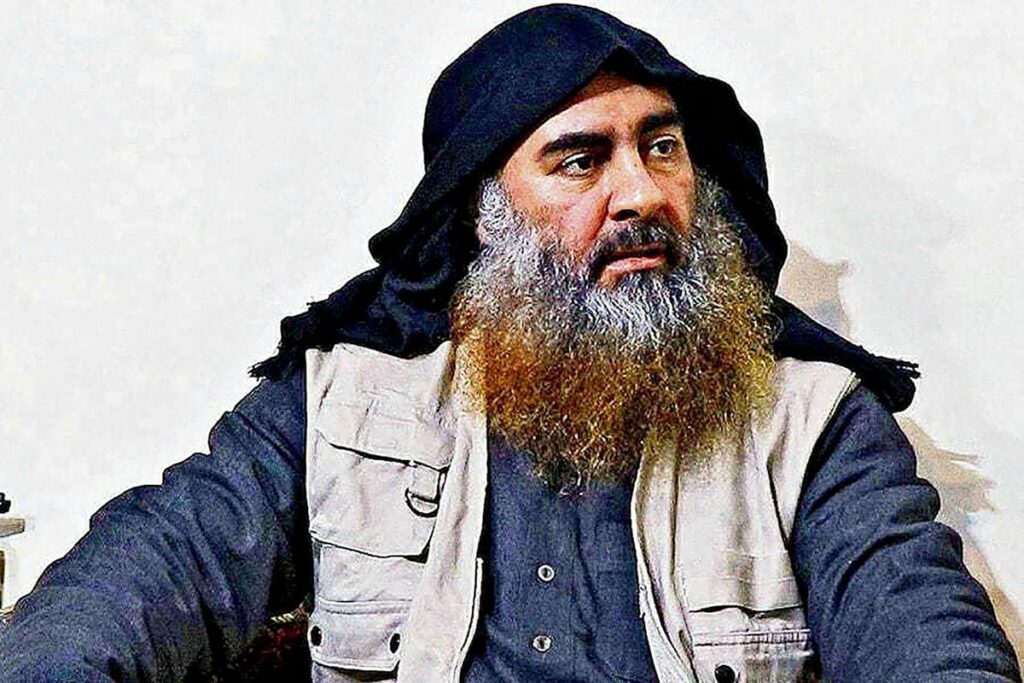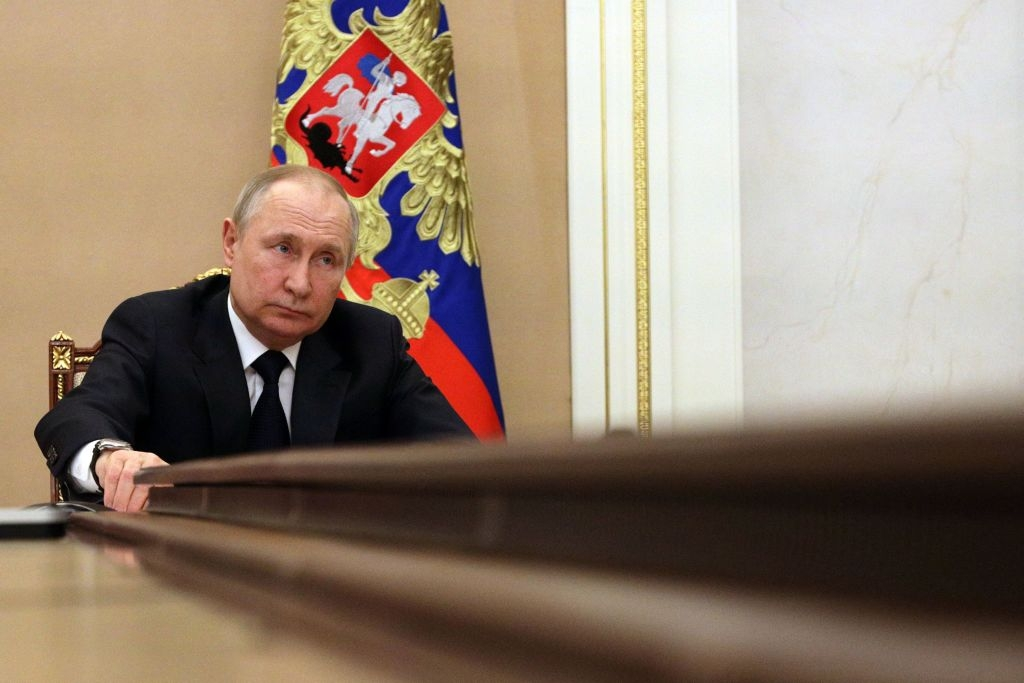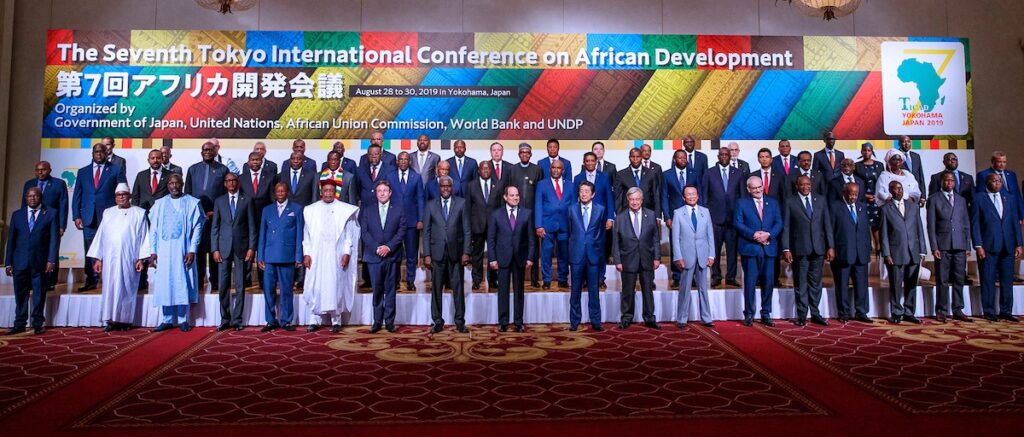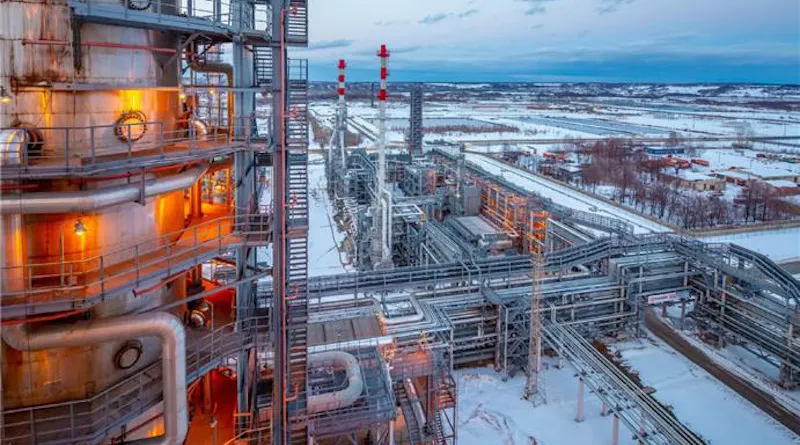Future of Russian arms imports unclear after Scholz Erdogan meeting
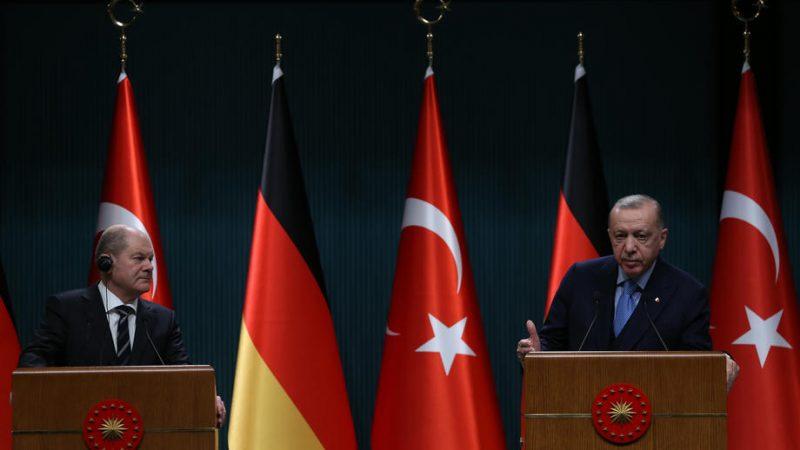
It is now unclear whether Turkey will buy Russian weapons in the future, President Recep Tayyip Erdogan said after meeting with German Chancellor Olaf Scholz on Monday.
“Of course, there are weapon systems that we bought. Under the current circumstances, it is unclear what will happen in the future,” Erdogan said when asked by a journalist how long Turkey would continue to buy weapons from Russia.

